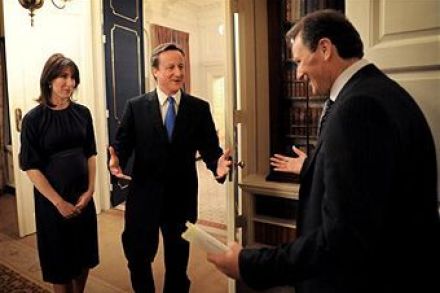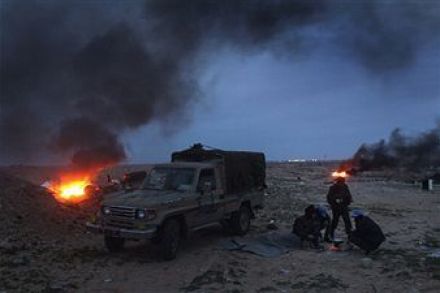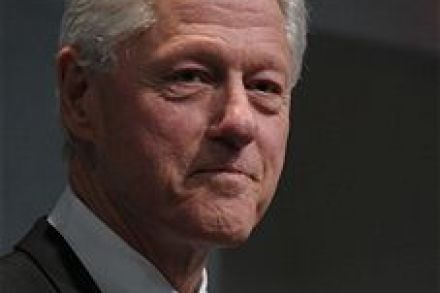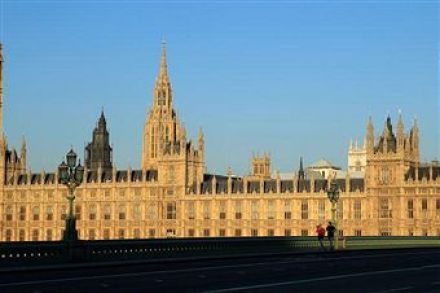David Cameron’s dreams and nightmares are written into today’s employment figures
It is almost a cliche to describe jobs figures as a “mixed picture” — and yet that’s exactly what today’s are. Beneath the headline finding that the number of unemployed people has risen above 2.5 million, are numbers that will fuel not only David Cameron’s happiest dreams, but also his most paranoid nightmares. Let’s start with the nicer stuff first. The graph above shows the cumulative change in employment levels since the recession started to take hold in 2008. What it shows is something that often goes ignored: that is was the private sector, not the public sector, that took the greatest hit from the crunch. At the depth of

















